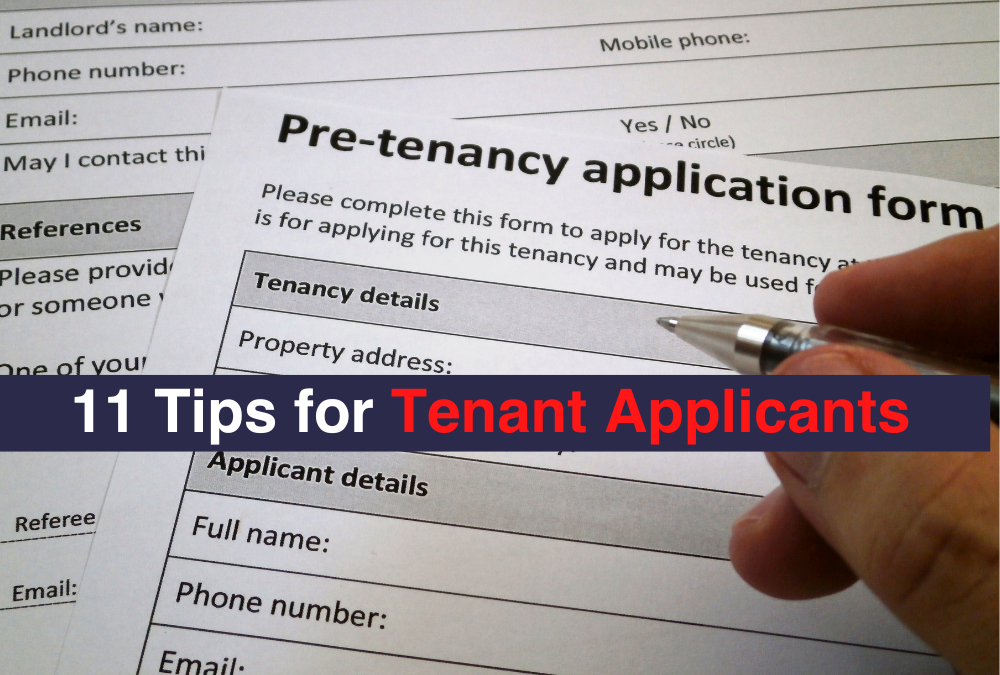Many landlords specialise in letting to students – they’re a huge market and tend to be good tenants on the whole. They often pay large amounts of the rent in advance and their parents are usually happy to act as guarantor in case there’s any rent-related troubles.
If you’re considering opening up your home to students – this article will cover everything you need to know about student lets.
How do student lets work?
There are different arrangements and licences that give people permission to live in a property and dictate the rights they have there – usually agreed with the landlord before the move commences. When it comes to student lettings, these are the arrangements that are most likely to apply:
- Landlord lives on premises – student is known as a lodger
- Landlord does not live on premises
- Student is licenced to live in student Halls of Residence
How do student tenancies work?
The student effectively owns the property for the time that they rent it. This comes with certain important rights you’ll need to be aware of as a landlord:
- The landlord is obligated to maintain the property and carry out repairs
- The student has the right to occupy the property without disturbance from the landlord
- The student has the right to live in the property unless evicted under a County Court order or repossession of the property
There are two main types of tenancy which will apply in student lettings:
Assured Shorthold Tenancies (ASTs): The protective code set up in the Housing Act 1988 will apply to these lettings and the landlord will need to comply with the terms of the Act
Common Law Tenancies: The Housing Act 1988 does not apply to these lettings and the tenancy is instead governed by the underlying ‘common law’.
Different types of student accommodation
Halls of Residence
Most universities and colleges will come with on-board accommodation for their students – usually a bedroom with a communal washing and kitchen facilities or sometimes a bedroom as part of a shared flat.
The exact legal status of the student in this accommodation depends on:
If the student has ‘exclusive occupation’ of his own room – this will generally be a tenancy.
If a student shares a room with someone else – this will be a license.
If services are provided, such as cleaning – the occupation will probably be a license, even if the student has their own room.
If the student has a tenancy and the landlord is the same university that is providing the education course, the tenancy will normally be a ‘common law’ one.
If the accommodation is provided by a special student accommodation company rather than the university, the tenancy will usually be AST.
Students as lodgers
When a student rents a room in a person’s house, they are known as a lodger. Usually, this is an informal arrangement that doesn’t even require paperwork, and services such as cleaning and sometimes even meals are often provided for the lodger.
This can be a great arrangement for the student, especially if there is a level of trust between everyone involved. We do however, still recommend that a written agreement is signed in case things do not work out.
Students and private renting
Landlords can register with the University accommodation office if they would like to let their properties to students. This is the best way to find tenants, as most students will be advised to look for accommodation through their accommodation office, where the landlords will have been vetted and are held to comply with high standards.
Letting to students is legally the same as letting to anyone else. The tenancy will be an AST unless the total annual rent is over £100,000 per annum or the landlord lives in the same building – provided it’s not a block of flats (that would make it a common law tenancy).
However, there is an issue to be aware of when letting to students, that doesn’t usually apply to normal lettings:
Dealing with long vacation times
Lucky students get a few breaks throughout the academic year, the longest being a summer holiday which averages around two months.
Many landlords will rent out the property for the whole year to get around this. This will require the student to pay rent over the summer holiday, whether or not they are living there.
This is generally a good arrangement for both landlord and student, as the student may not want to give up their property for the summer anyway!
Some landlords charge a lower rate for the summer period, considering that the student may not be living there. Though this can be a good arrangement for the student, it may not be such a good workaround for the landlord if the student chooses to abuse this and moves into the property full time over the summer.
Some landlords choose to let the property as a holiday home, at a much higher rate, over the summer period. This is an especially great arrangement for the landlord as they can make up for the low student rent charged during term-time.
We’re here to help
That’s everything you need to know about student lettings, but here at Horizon Lets, we’re full of advice and recommendations if you’re thinking of opening up your properties to students. Don’t hesitate to get in touch if you need more information on property management in Sheffield!
Related Articles
- Tenancy Agreements Explained
- Different Types Of Tenancy Explained
- Can You Have A Tenant Who Is Under 18 years old?
- Should I Let My Tenant Decorate?
- Should You Furnish Your Rental Property?








